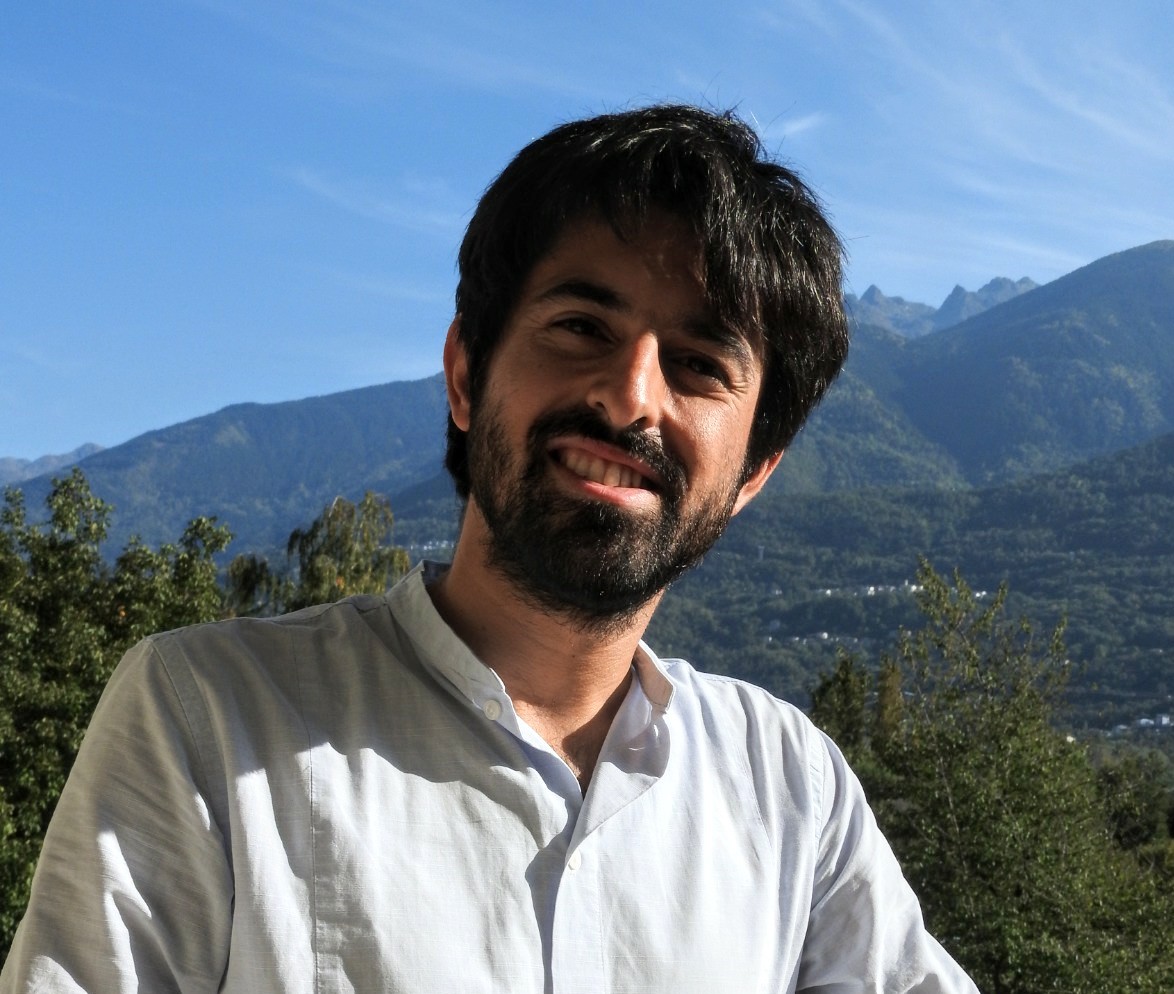About
Davide Riva is graduated in Composition (2014) at the Conservatorio G.Verdi in Como. He was a
pupil of M°Carlo Ballarini, M°Antonio Eros Negri and M°Vittorio Zago.
Davide took part to Luis Bacalov's training course in "Composition of Film Music" at the
Accademia Chigiana in Siena (2014) and he attended to the course in"Composition of Pop Music"
at CET (Director of accademy M°Giulio Rapetti, know as Mogol).
Prizes and competitions:
– National Composition Competition "L'Italia s'è desta. Piece mentioned: "Varda Gyulai" for
male choir
– National Composition Competition "Accademia Corale Veneta". Special prize "Città di
Oderzo" for the sacred piece "Il Signore è il mio pastore" for choir and organ
– Composition Competition "VirgoVox". First Prize for the piece "Sleep" for female choir
(Three ex-aequo winners)
Publications:
– "Varda Gyulai" for men choir published in the book "L'Italia s'è desta". Sonitus Ed.
Musicali, Monvalle (IT)
– "Castle of Dreams" for piano. DoReFa Ed. Musicali, Minusio (CH) (2015)
– "Minerva" collection of three pieces for piano. DoReFa Ed. Musicali, Minusio (CH)
(2016)
– "Undergound" for piano six-hands. DoReFa Ed. Musicali, Minusio (CH) (2017)
– "Nice Mistakes in Copacabana" for piano four-hands. DoReFa Ed. Musicali, Minusio
(CH) (2019)
– "Sleep" for female choir published in the book "VirgoVox Contemporanea VOL.2",
ArsPublica, Camino al Tagliamento (IT)
– "Moebius Prelude" for piano. DoReFa Ed. Musicali, Minusio (CH) (2020)
Most important commissioned works:
– Stage music for the ballet "La bella addormentata – una favola moderna", dance
company "PerformingDanza" (2015), instrumentations: electronics.
Relevants performances:
10/01/2016 Theatre Foce, Lugano (CH)
04/05/2019 Theatre Binario 7, Monza (IT)
– Stage music for the ballet "Il piccolo principe" dance company "PerformingDanza"
(2015), instrumentations: electronics.
– Stage music for the ballet "Relazioni" dance company "PerformingDanza" (2020),
instrumentations: electronics.
Teaching activity:
– Teacher in Music Theory and Armony at the municipal school of music "Antonio Guarnieri"
in Casatenovo (IT) (since 2015)
– Teacher in Music at public school. (since 2016)
